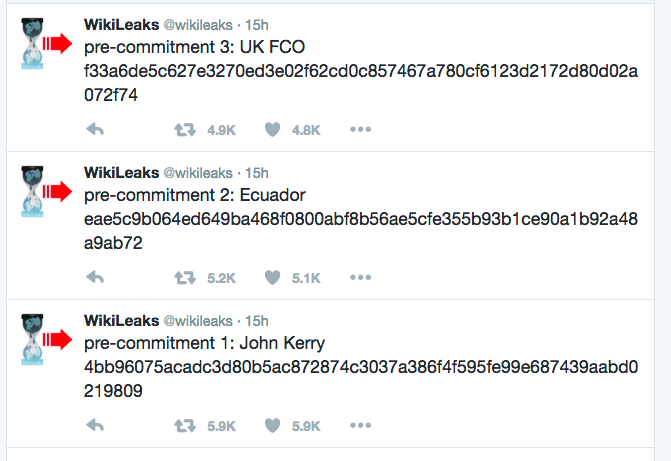I’m a free marketeer. I believe that free trade would be hugely beneficial for all.
I also believe in a free and open Internet. Especially as it provides a level playing field on which entrepreneurs from all over the world can join a global market, 24/7.
And I’m not at all happy with politicians and bureaucrats trying to force me to choose between the two.
The CETA (EU-Canada) and TTIP (EU-US) trade agreements are problematic. CETA will undermine Europeans right to data protection and privacy online. The same goes for TTIP, which also might contain intellectual property regulations undermining the principle that Internet service providers are not responsible for what their customers are up to in their cables (the mere conduit principle). That would have huge implications, leading to a strictly controlled Internet where everything you are up to must be approved in advance. When it comes to TTIP, we still have no comprehensive information about what is going to be included or not when it comes to IP – as negotiations are carried out behind closed doors.
Also, the ISDS mechanism in these trade agreements will make a much needed and long overdue copyright reform impossible.
But then, again, these trade agreements are not really about free trade. They are about »harmonizing« rules and regulations. So, they are really about regulating trade.
If you want free trade, all you have to do is to get rid of customs fees and other trade barriers. That would benefit us and all of the humanity greatly. But that is not what the politic and bureaucratic elite hope for. They want to regulate and control. The EU even has a special sub-bureaucracy for »trade defense«.
So, I don’t buy into it when they claim that these »free trade agreements« are about free trade.
I’m standing with free trade. And I’m standing with a free and open Internet. It is perfectly possible and logical to combine these standpoints with being critical to CETA and TTIP.
/ HAX
